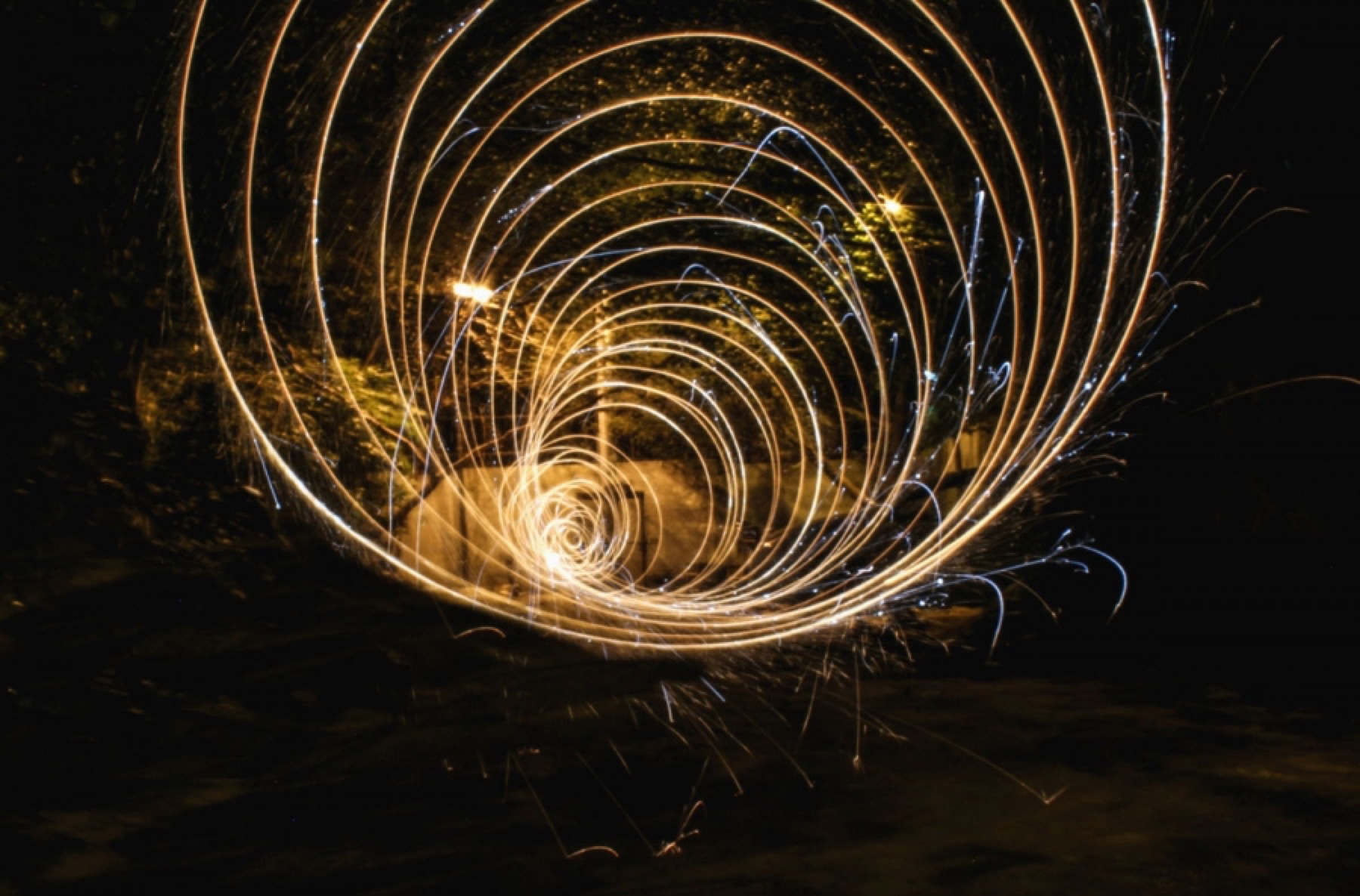
Photo by Sarthak Kwatra on Unsplash
PROPERTY HUNTING
By Frederick McKindra
All Around Us
I’m one month shy of my thirty-fourth birthday, and I don’t own much of anything. I intend that as an admission, because I’ve begun to worry that I’ve never rightly valued the ownership of property. It’s not that I actively resisted amassing any. I just always felt indifferent to acquiring stuff—a home, a car, a business, a family. Maybe I thought such things were beyond me, as I tried to understand and balance the various identities I carry. And maybe I feared those things would be too much of a burden. I chose to value making things instead, gave more concern to creating intellectual property, books or stories or essays.
Here in Little Rock, though, space and things have begun to assert themselves on my mind. I often still find myself riding shotgun in someone else’s pickup or SUV. Where once my peers were renting their domains and riding public transit, unattached, I now tour their homes and hold and coo over their babies. Life in Little Rock always seemed to occur on a different timeline than my own. But viewing those lives up close has begun to make mine feel less substantive. The vitality of the language and ideas that always gave shape to my life has diminished somewhat, begun to feel less adequate when I measure what I have. And this new gravity has come as a surprise to me, this want to have things.
At seventeen years-old, half a lifetime ago, I read far enough into Walden to find the perfect container for my rejection of property ownership. Thoreau’s essays supplied me with enough justification to resist my father’s near constant invocations to buy land. Having spent his own adolescence subsisting on a family owned farm, my father’s ideas felt hopelessly dated, made literal by the hours of compulsory labor my older siblings and I spent in the family garden he raised across the street from our home. Land ownership was toil, boiling and dirty and stinging from the itch of insects and vengeful weeds. From these hours grew my longing to rent, to produce objects of enough value to support a transitory life of stewardship rather than ownership.
My intellect would provide whatever objects I needed, I believed. And those objects would sustain me. The culture I arrived into then seemed unable to fathom a person like me. The task of furnishing narratives by which I could be better understood seemed a much more urgent task than increasing my stake in that world. I’ve toiled for eight years now at making a book, labor that I still enjoy. But as that book is still yet unpublished, I’ve grown restless to produce something material, enough that I’ve become as surly with the ideals I gleaned from Walden as I ever was as a teen with my father’s garden.
Writing is lonely work—because of the solitude, but also because it does not quiet the mind the way physical toil does. Instead, as I exert myself at my desk, the clamor of my internal voice and thoughts grow more and more voluble. In that restlessness, I’ve begun to survey the landscape, all the possessions my friends have amassed, and I’ve begun to think of my page counts and word counts as flimsy by comparison. This way of thinking seems untrustworthy, because of how external it feels, motivated by social media or birth and wedding announcements that arrive in the mail, by handbills for new businesses I accumulate in passing. But the tending I do to my own work does not require any sweat, and that has also begun to strike me as insubstantial.
Two conditions I think have induced this new imperative: place and time.
Here in the South, in a town the size of Little Rock, things seem possible, unlike the larger cities in which I’ve lived previously. The abundance of natural landscape alone convinces one that owning some piece of the place might be attainable. Space in those cities in which I formerly rented was so worked over by concrete and brick and steel, so coveted and therefore so expensive, one could scarcely hope to do more than occupy them for a time before moving along.
The spirit of possibility I’ve observed in my hometown extends beyond land ownership. It also seems to inspire the entrepreneurs I’ve recently encountered. There’s a caution in me, a want to rue proposals and plans, that these acquaintances seem unfettered by. I find this willingness to try something out, in the physical realm where so much more seems at risk, both unusual and remarkable. I also find it frightening. Ownership has begun to seem to me bound up in courage and steadfastness. I’ve begun to wonder whether my dependence on intellectualizing masks some trepidation I have in confronting tangible consequences, or in my ability to sustain efforts over time.
And of course time has begun to weigh on me, as it always does as August turns to September, especially since I turned thirty. If not now, then when? These inducements are challenging my usual practice of putting things off until they can be more carefully crafted. I no longer comfortably think it proper to wait my turn. It seems imperative that my turn is now.
That’s what possession of property has come to mean to me. I’m less cavalier, less judge-y, about the want to accumulate stuff. I admire the courage and maturity I’ve begun to see in the lives of my peers here. I once saw property as a burden and sought to remain as unencumbered as possible. But sometimes good things can grow too heavy with ideas: taking on a mortgage, settling down. Sometimes, they’re ready to be plucked.
“All Around Us” is a part of our weekly story series, The By and By.
Enjoy this story? Subscribe to the Oxford American.


